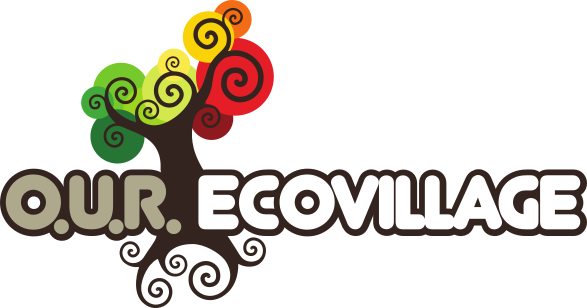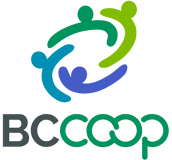
This week you have been given a little potted Nasturtium plant (Tropaeolum majus). These are the spicy orange flowers you have been receiving in your salad mix each week, so I thought it’s about time we talk about them! Nasturtium flowers have a peppery taste, and as a companion to your other plants they actually repel various flies and pests. Both the leaves and petals of the nasturtium plant are packed with nutrition, containing high amounts of manganese, iron, flavonoids, beta carotene, vitamin C and phenolic acids. Phenolic acids can work as antioxidants that prevent cellular damage due to free-radicals, and flavonoids have antioxidant effects as well, making these flowers a great support for your body to scavenge free radicals.
In concentrated doses they have the ability to improve the immune system, tackle sore throats, coughs, and colds, as well as bacterial and fungal infections. Studies have shown that the leaves also have antibiotic properties, and suggest that they are the most effective prior to flowering.
One thing to consider with the ‘food as medicine’ concept is that the medicinal properties found in different whole plants and foods are not usually in high enough concentrations to act as a strong, targeted cure on their own, but rather as a preventative ‘food as medicine’ to keep our bodies filled with nutrients and in good working order. The weekly healing herbs section is meant to be a gentle exploration of how plants can support our health, not for self-diagnosis and treatment. When we are looking to take plants to treat something specific, it’s important to consult with a professional first to know how much to take and how often, and whether it is even suitable for our unique and individual bodies. I have learned that sometimes information about the medicinal properties of plants and whole foods can be misleading when it comes to how much is TOO much, or whether the medicinal properties are only significant in concentrated doses. This is why making educated decisions is very important, and so is consulting with those who have a deeper knowledge and understanding of using herbs to heal.







